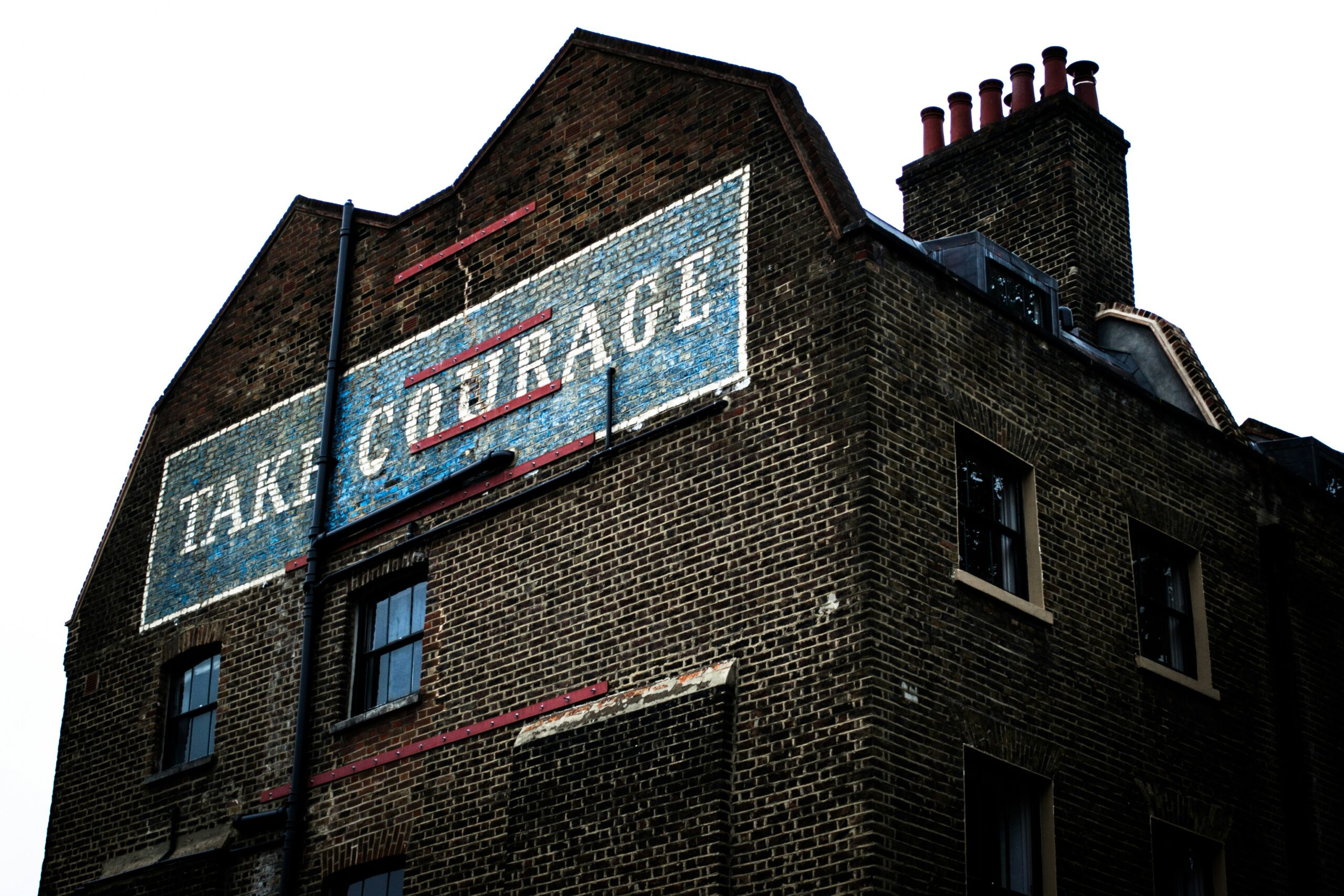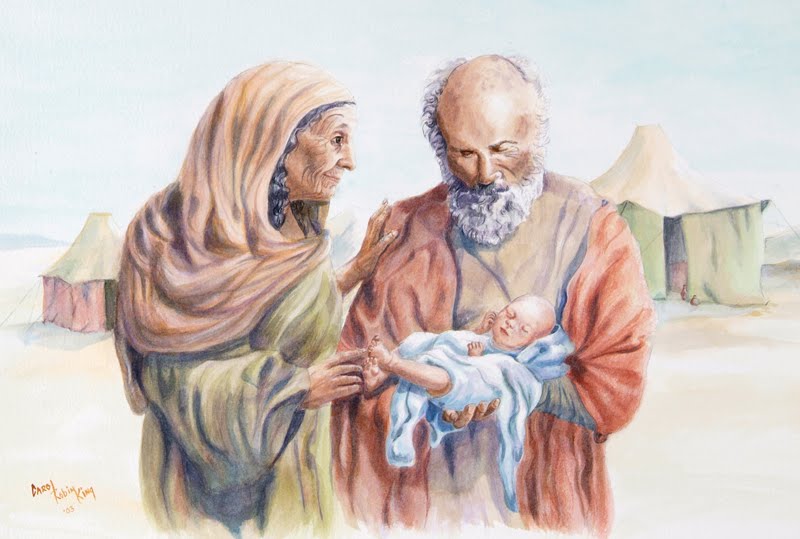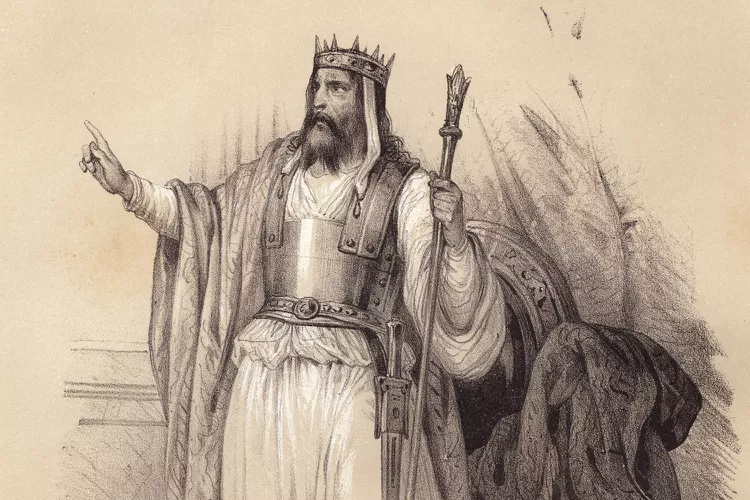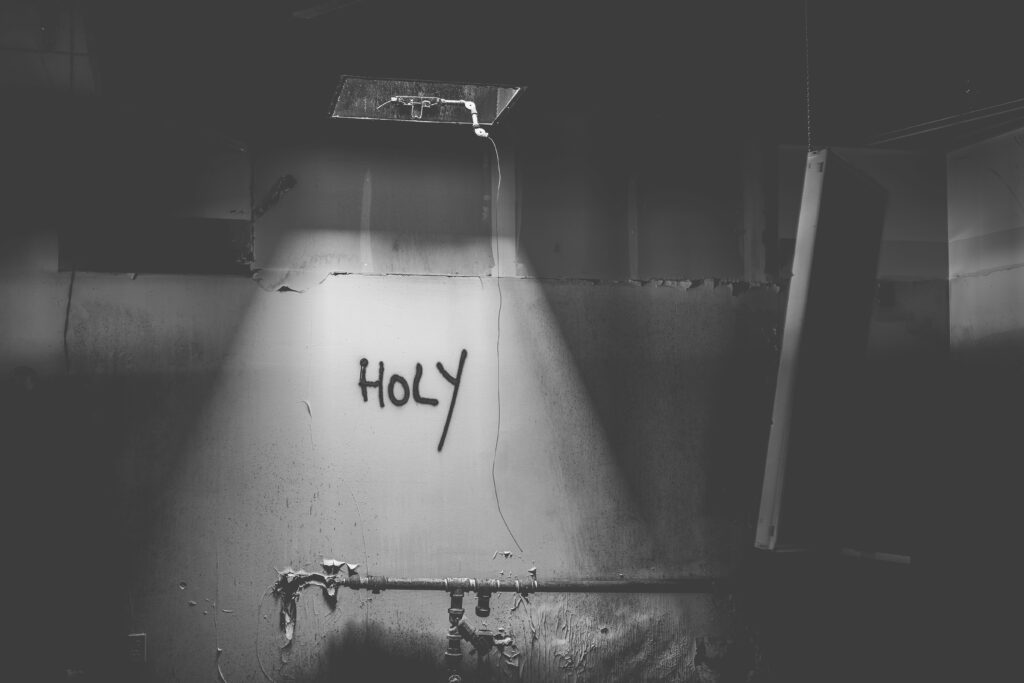Courage, Will and Freedom by Kim Reisman

Scripture Focus:
Daniel soon proved himself more capable than all the other administrators and high officers. Because of Daniel’s great ability, the king made plans to place him over the entire empire. Then the other administrators and high officers began searching for some fault in the way Daniel was handling government affairs, but they couldn’t find anything to criticize or condemn. He was faithful, always responsible, and completely trustworthy. So they concluded, “Our only chance of finding grounds for accusing Daniel will be in connection with the rules of his religion.” So the administrators and high officers went to the king and said, “Long live King Darius! We are all in agreement—we administrators, officials, high officers, advisers, and governors—that the king should make a law that will be strictly enforced. Give orders that for the next thirty days any person who prays to anyone, divine or human—except to you, Your Majesty—will be thrown into the den of lions. And now, Your Majesty, issue and sign this law so it cannot be changed, an official law of the Medes and Persians that cannot be revoked.” So King Darius signed the law. But when Daniel learned that the law had been signed, he went home and knelt down as usual in his upstairs room, with its windows open toward Jerusalem. He prayed three times a day, just as he had always done, giving thanks to his God.
Daniel 6:3-10 (NLT)
When my kids were little, we would read them The Story of Ruby Bridges, written by Robert Coles, and illustrated by George Ford. It’s the moving story of a little girl named Ruby Bridges who was the first black child to attend an all-white elementary school in New Orleans, Louisiana. Each day, escorted by federal marshals, she would walk to school, through mobs of angry people shouting and spitting at her. Each day, on her way to school, a few blocks before she got there, and again on her way home, a few blocks after she left, she would stop and pray for the crowd. In her prayer, young Ruby asked God to forgive the angry mob.
Earlier this month I talked about courage being more than physical bravery but being a power of the heart. A couple of weeks ago, I talked about the hope that enables us to act despite our fear. Yet the question remains – how does courage, this power of our hearts, get into us? How is it that Daniel had the courage to continue to pray after it became outlawed? How is it that little Ruby Bridges had the courage, not only to be the only black child to attend an all-white school day after day, but to pray for those who were persecuting her? I believe the answer is that courage is a strength of the heart that resides in our will. Daniel used his will to break the law and continue praying. Ruby exercised her will, in determining that each day she would go to school and that each day she would pray.
Courage is an act of the will; and as an act of the will, it’s the exercise of choice. We choose to be courageous or not be courageous. We make a deliberate effort of our will to act according to our principles. If he had chosen to, Daniel could have obeyed the edict. He could have stopped praying. If they had chosen to, the administrators and high officers could have respected Daniel for the committed Jew that he was. If she had chosen to, Ruby could have decided to stay home. If they had chosen to, those in the mob who taunted her could have been supportive, could have chosen not to gather, could have chosen to send their own children to school along with Ruby. Each person makes choices, exercises his or her will in ways that show courage or cowardice.
This may sound like an intimidating word; but in actuality it’s quite liberating. We don’t have to be conformed to this world. Because courage is an act of the will, it will not always be seen in the same way. Courage can, in fact, be shown in many different ways. You can show courage by moving forward, or by moving back. You can show courage by speaking out, or by remaining quiet. You can show courage by bearing your burdens or by throwing them off. You can show courage by dying for a good cause or by living for a good cause. Simply put, you can show courage by saying yes, or by saying no.
Courage is a power of the will that keeps us free. Courage exercised through our will moves us closer to our true selves. Wisdom is a necessary ingredient of courage at this point. Without wisdom, using our will to make choices may or may not be courageous. If we always say no, we aren’t necessarily courageous; we may simply be stubborn. If we always say yes, we’re merely a reflection of our culture. We need wisdom to discern what the courageous choices will be in our lives; wisdom informs us about when to say yes and when to say no.
Life will always provide us with opportunities for courage or cowardice. Our lives are filled with choice after choice after choice; so it’s important for us to foster areas of our lives that encourage courageous choices. We must develop and strengthen our wills so we will be up to the challenge of exercising our wills courageously.
Two ways courage can be fostered in our lives are through stories and community. Plato taught that the way to teach courage to children was to tell them stories. God knew this and thus instructed the Hebrews to tell the stories of the faith over and over to their children. As Israelite children grew, they heard, again and again, how God brought their people out of bondage and into freedom, how God had guided and blessed them, and how God had remained faithful even when they had not.
Sandor Ungvari was an elderly Hungarian scholar who wrote a book called Life and Death of Hungarian Nazism that marked him for trouble when the Nazi armies invaded Hungary in 1939. He was arrested, sentenced, tortured; but he survived. Then the Communists came. They assumed since he had been tortured by the Nazis he would support the new regime; but they were wrong. Sandor organized an underground resistance movement composed of fellow intellectuals. For this he was arrested, charged with sixty counts of spying for the United States, and sentenced to death by hanging.
Fortunately, Sandor’s lawyer was able to negotiate his sentence down to eight years in the notorious Gherla prison, an island prison with the reputation that no one left alive. With the help of three nationalist guards, Sandor escaped. Outside the walls, he swam across the freezing Szamos River and walked at night, from village to village, locating a pastor in each place who would send him on to the pastor in the next town. Through this pastoral underground, he made it to the Austrian border and to freedom. When asked, “Why did you do it? Why did you resist so openly?” Sandor replied, “It was my family. They were all resisters, all of them, right from the beginning – from Janos Ungvari, a Magyar galley slave, to Adreas Ungvari, who was a leader in the Hungarian Reformation. I heard their stories over and over all my childhood days. With such family memories, could I do anything else?
Courage comes into our hearts almost by osmosis when we hear and rehear stories of courage: the remarkable stories of our faith, the extraordinary stories of others. Courage grows and forms within us even as ordinary parents pass on to their children the stories of heroes in their own families.
Our will must be formed to include the strength of courage. That can occur through storytelling; and it’s fostered through community. Courage is an individual thing; no one can have courage for us; yet, behind each courageous person stands a community of people. While courage may be singular, it’s also infectious. When we’re close to others, courage spreads. When we’re part of a community that’s grounded on trust – that provides us with the encouragement and support we need in times of crisis – then courage is fostered. Certainly it takes courage simply to be part of an intimate community. It takes courage to relate to others honestly and openly, to make ourselves vulnerable and to respond with sensitivity to the unguarded openness of others. Yet, once we have the courage to be part of a real community, we will be surprised to find a new source of courage beyond ourselves, hope. Community is the home of hope; and as we already know, hope is the source of courage.
Do you know some stories of courage from your family or community? Reflect on those stories. What role did faith, hope, and will/choice play in each? How were these stories of courage fostered by community
As you continue to pray and fast, I pray you will develop and strengthen your will so you will be up to the challenge of exercising courageous choices. And that you will be empowered by stories of courage and guided by God’s wisdom to know when to say yes, and whey to say no.
Subscribe
Get articles about mission, evangelism, leadership, discipleship and prayer delivered directly to your inbox – for free
Related Posts



